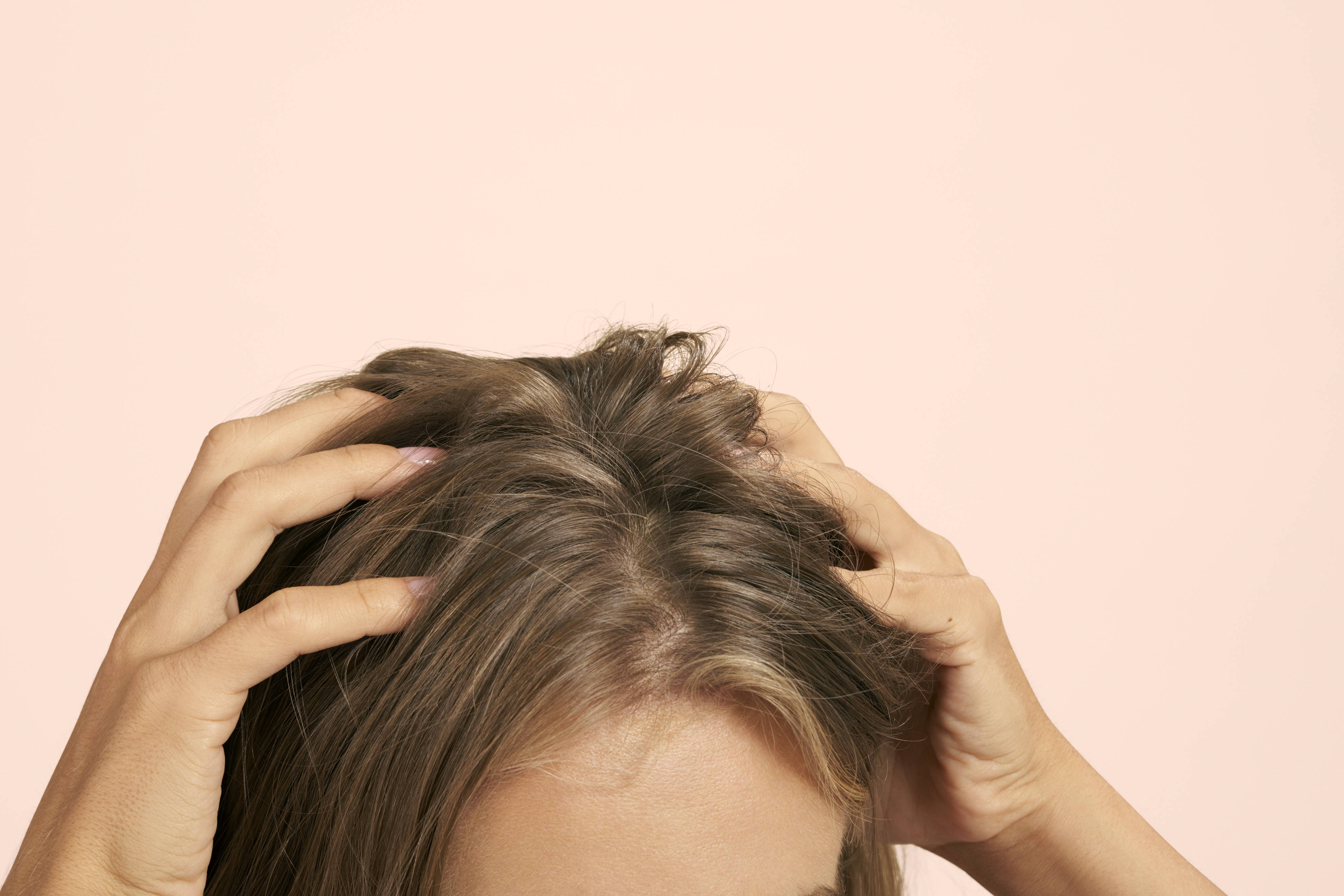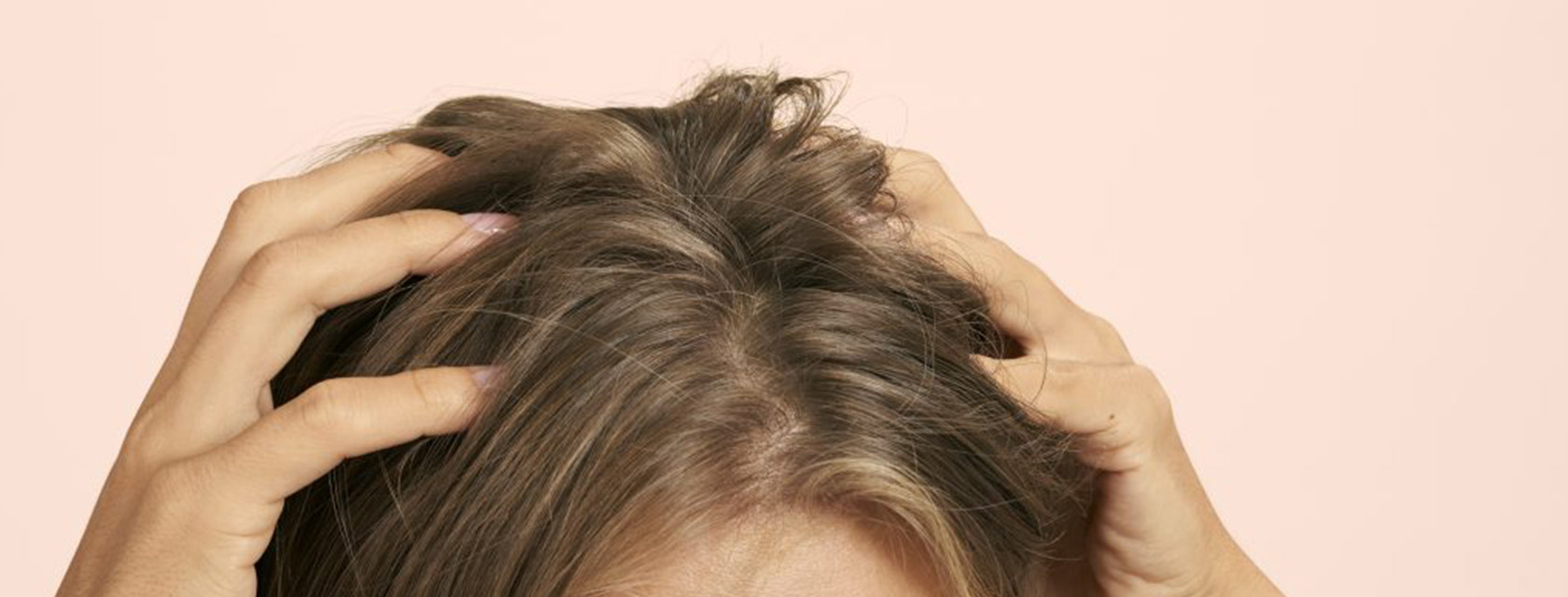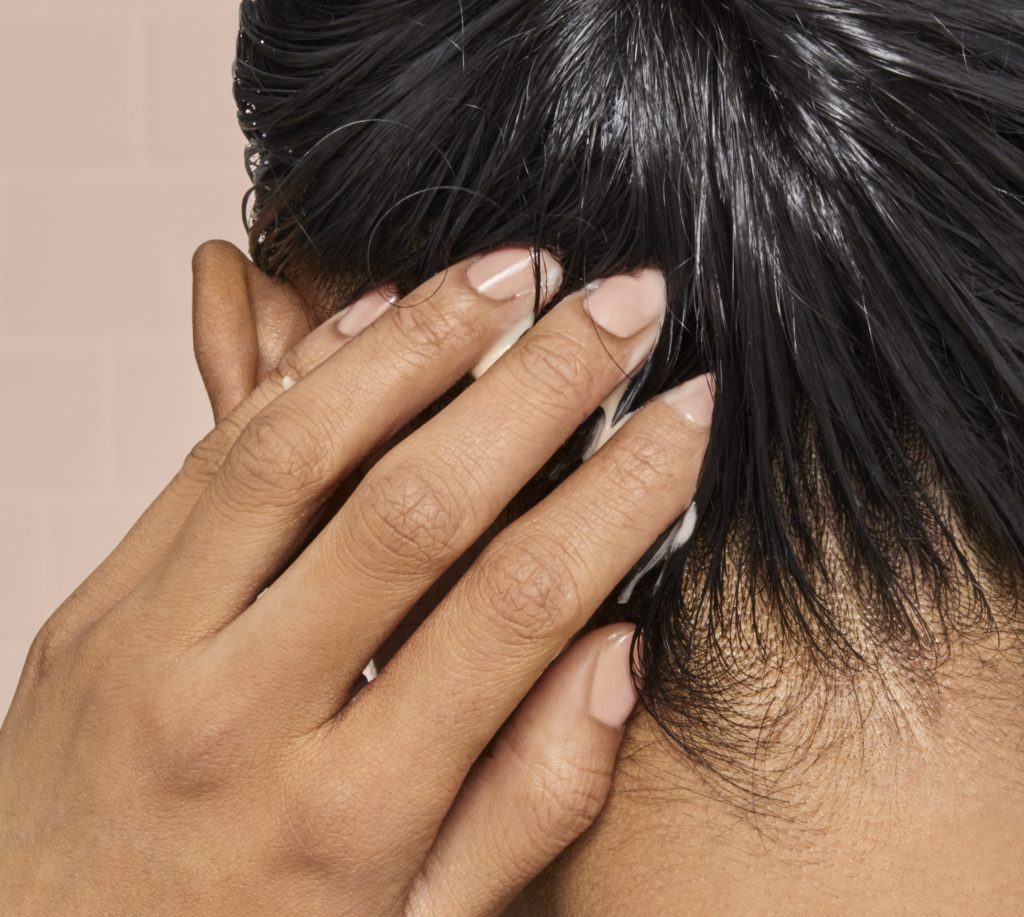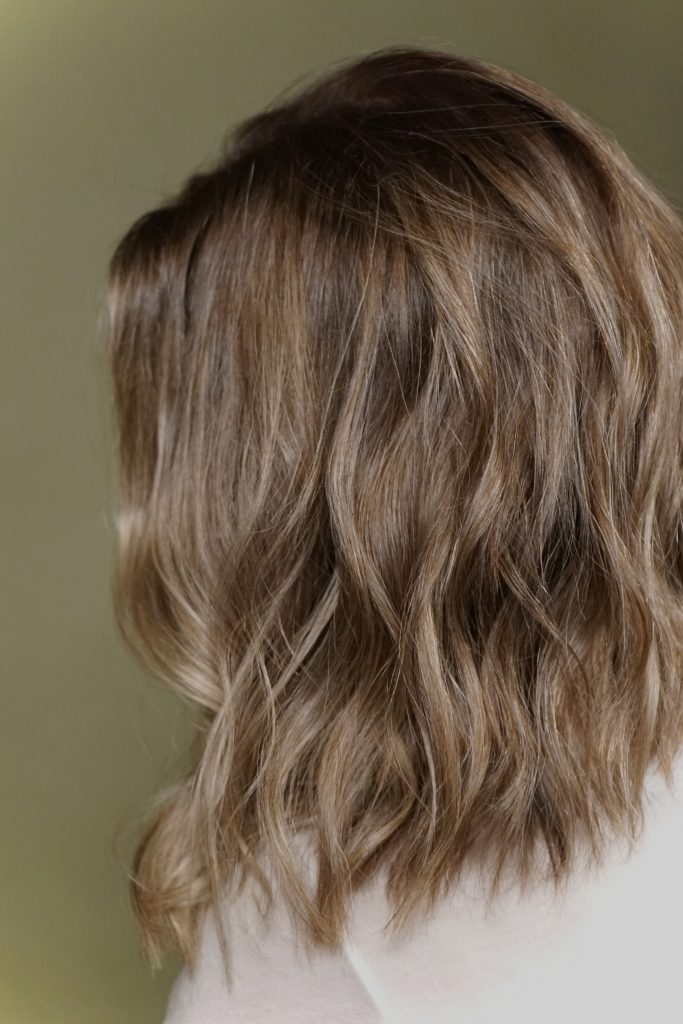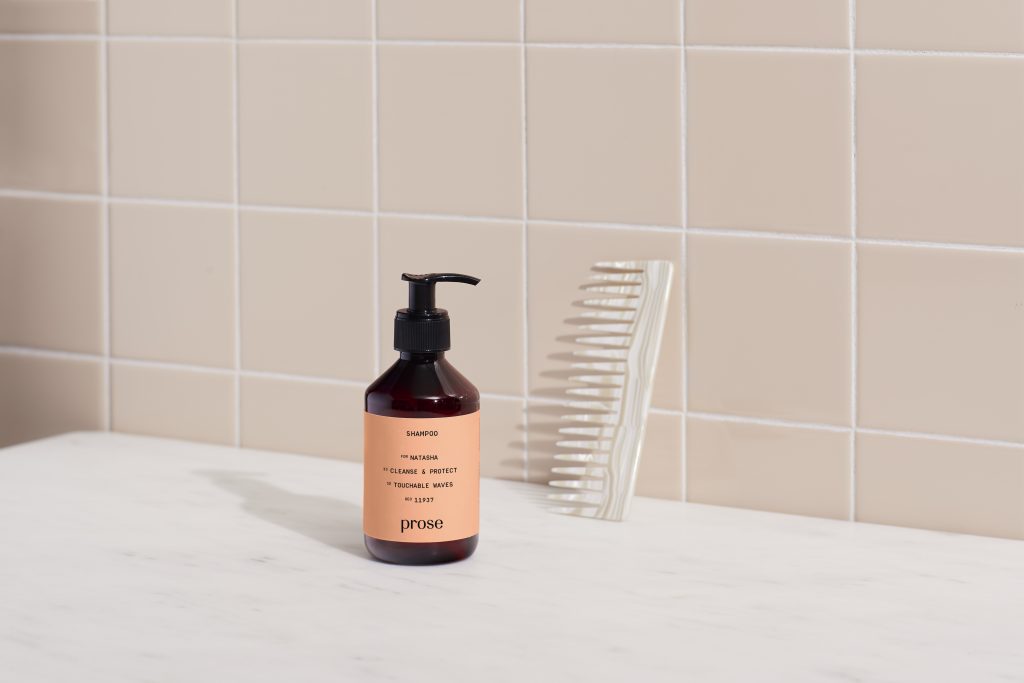What Does Not Washing Your Hair Do?
The Problem:
Sure, this runs counter to the advice to not suds-up daily, but when hair is super fine or your scalp’s skin is overly-oily, shampooing every one to two days will help keep your sebum levels in check. And even with thick, coarse stands that can handle the hiatus, remember that greasy hair holds onto dirt, sweat and debris.
The Fix:
To further keep your scalp and sebum levels in check, incorporate a scalp mask into your hair care routine. Prose’s scalp mask is detoxifying and biome balancing thanks to bamboo charcoal powder, kombucha and prebiotics. Plus, the charcoal helps absorb any buildup and reduce scalp odor, keeping your hair fresh and free from a smelly scalp.
What Does Overwashing Your Hair Cause, and What Are The Signs to Look Out for?
The Problem:
Just like not shampooing enough can be problematic, so can washing too much with the wrong products. Regular use of shampoos with heavy detergent loads will lead to over-stripping of strands. And while squeaky-clean hair may be the goal, ironically, the scalp compensates by amping up oil production. The signs of overwashing hair include…
The Fix:
Be sure to use a sulfate-free shampoo. All Prose formulas are sulfate-free which means they avoid harsh chemical cleansing agents called surfactants. Surfactants are listed on labels as sodium lauryl sulfate and sodium laureth sulfate, and while they give cleansers their dense lather, they can be particularly sensitizing to scalps and drying to strands.
Hormonal imbalances and stress
The Problem:
Anxiety and stress both interfere with hormonal function and can result in additional oil production and irritation on the scalp.
The Fix:
Incorporate scalp-soothing ingredients into your hair care routine. Prose’s shampoo and scalp mask contains CBD (short for cannabidiol) to help combat redness and instantly calm angry skin. Another star ingredient featured in our scalp mask is bamboo charcoal, which helps draw out impurities and remove excess sebum, reducing scalp odor and keeping your scalp feeling fresh.

